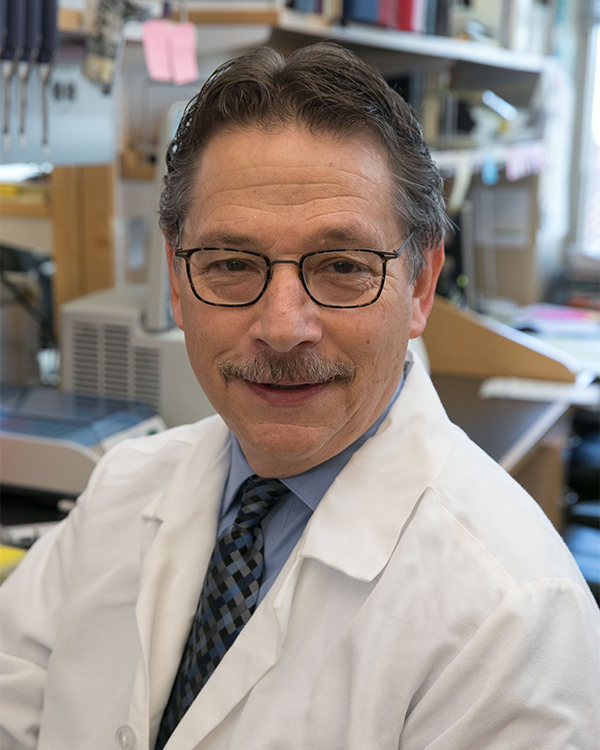
-
Understanding primary immunodeficiency (PI)

Understanding PI
The more you understand about primary immunodeficiency (PI), the better you can live with the disease or support others in your life with PI. Learn more about PI, including the various diagnoses and treatment options.
-
Living with PI
-
Addressing mental health
-
Explaining your diagnosis
- General care
- Get support
- For parents and guardians
-
Managing workplace issues
- Navigating insurance
-
Traveling safely

Living with PI
Living with primary immunodeficiency (PI) can be challenging, but you’re not alone—many people with PI lead full and active lives. With the right support and resources, you can, too.
-
Addressing mental health
-
Get involved

Get involved
Be a hero for those with PI. Change lives by promoting primary immunodeficiency (PI) awareness and taking action in your community through advocacy, donating, volunteering, or fundraising.
-
Advancing research and clinical care
-
Grants
-
IDF surveys
-
Participating in clinical trials
-
Diagnosing PI
-
Consulting immunologist
-
Clinician education

Advancing research and clinical care
Whether you’re a clinician, researcher, or an individual with primary immunodeficiency (PI), IDF has resources to help you advance the field. Get details on surveys, grants, and clinical trials.
-
Grants

A Phase I/II clinical trial that involves using a lentiviral vector as a curative treatment for X-linked chronic granulomatous disease is underway in the U.S., with four patients out of five doing well after the procedure. The trial is based on studies currently in progress in the United Kingdom, where four patients have been treated, with three surviving.
The gene therapy process uses a patient’s own blood-forming stem cells, which are removed and modified to correct the genetic defect that causes X-linked CGD. The lentiviral delivery system is used to insert a normal copy of the missing gene into the blood stem cells. Once treated, the modified blood stem cells are transplanted back into the patient, where they produce functional white blood cells.
Lentiviral vector gene therapy treatment is similar to a bone marrow transplant (BMT), in that patients must undergo a full dose of chemotherapy to remove their remaining blood stem cells to “make space” for the gene-corrected ones to grow. However, unlike traditional BMT, or hematopoietic stem cell transplantation (HSCT), the cells being inserted back into the patient are their own, rather than donor cells.
“The advantage is that there's no chance of graft vs. host [disease] because we use the patient's own cells,” said Dr. Donald Kohn, professor of pediatrics in the UCLA David Geffen School of Medicine, professor of microbiology, immunology and molecular genetics in Life Sciences at UCLA, member of the UCLA Children’s Discovery and Innovation Institute at Mattel Children’s Hospital and the principal investigator on the trial. “This means there is also less risk of infection because we do not need to give immunosuppressant drugs.”
While the therapy holds great potential, it is still in the clinical trial phase and is not yet approved by the Food and Drug Administration (FDA). As a result, the trial is only open to patients who lack a fully matched bone marrow or cord blood donor and have had a serious infection.
In the meantime, clinical trials are ongoing at three U.S. locations, including Boston Children’s Hospital, UCLA, and the National Institutes of Health (NIH). The trial at the NIH is led by Dr. Elizabeth Kang and Dr. Harry Malech, two well-known experts in the CGD community.
“Hopefully, this treatment will be approved in the next two to four years,” said Dr. Kohn.
Sign up for updates from IDF
Receive news and helpful resources to your cell phone or inbox. You can change or cancel your subscription at any time.





The Immune Deficiency Foundation improves the diagnosis, treatment, and quality of life for every person affected by primary immunodeficiency.
We foster a community that is connected, engaged, and empowered through advocacy, education, and research.
Combined Charity Campaign | CFC# 66309




